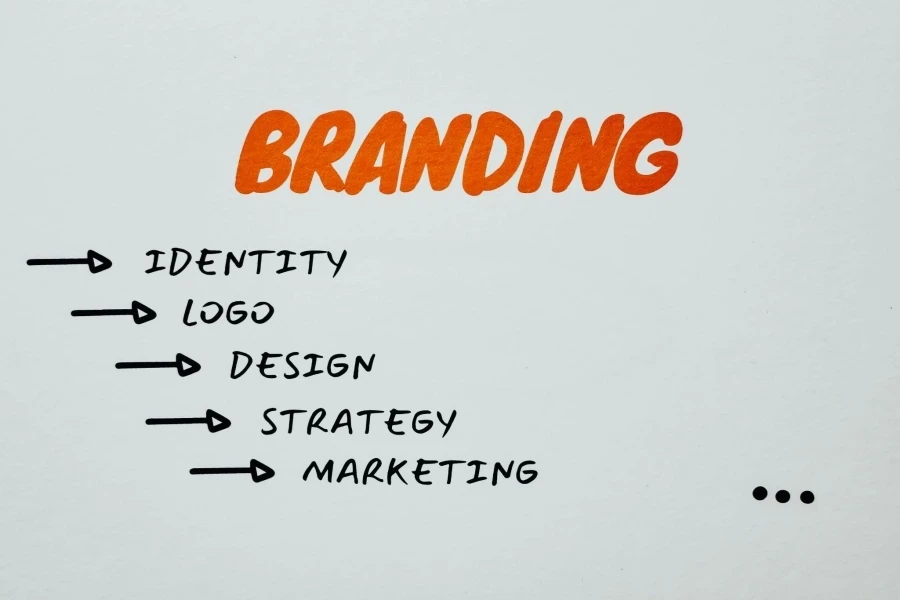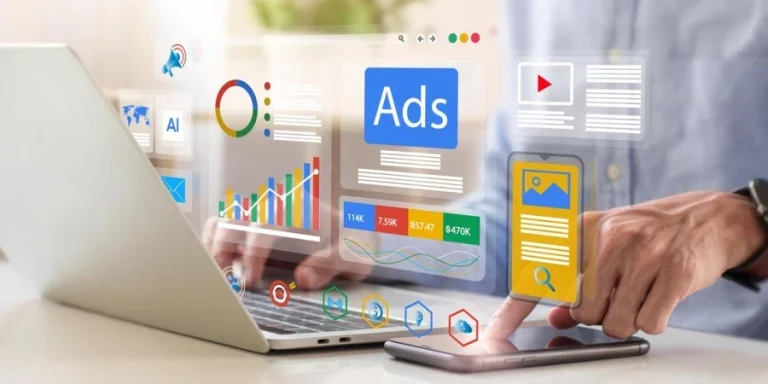In a world where screens dominate attention and skepticism toward traditional advertising grows, consumers are demanding more from brands. No longer satisfied with passive entertainment or hollow slogans, audiences seek meaningful connections that educate, empower, and align with their values. Recent data underscores this shift: 66% of global consumers prefer content that blends learning with fun, while 64% prioritize sustainability in purchases. This evolution isn’t just a trend—it’s a revolution in how brands earn loyalty. Let’s explore how innovative companies are rising to the challenge, transforming marketing into a force for education and empathy.
Table of Contents
The Empathy Edge: Mental Health as a Brand Imperative
Sustainability Education: From Buzzwords to Behavior Change
Gen Z’s DIY Learning Revolution: Brands as Co-Creators
Gamifying Wellness: Where Play Meets Progress
Conclusion: The Blueprint for Modern Brand Loyalty
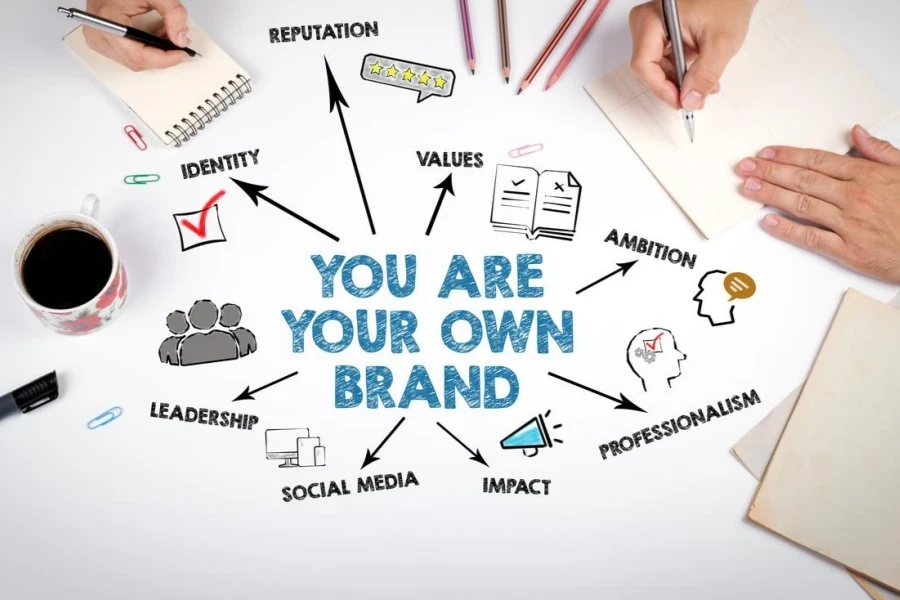
The Empathy Edge: Mental Health as a Brand Imperative
Gen Z, the generation raised on social media, is paradoxically both the most connected and the most isolated. A 2023 study by the American Psychological Association found that 48% of Gen Z experiences heightened anxiety linked to digital overuse. Forward-thinking brands are addressing this crisis by integrating mental health support into their platforms, not as an afterthought, but as a core offering.
Take Spotify’s “Take a Beat” campaign, launched in late 2023. Recognizing that users often turned to music for emotional regulation, Spotify partnered with neuroscientists to create a suite of soundscapes designed to reduce stress. The initiative went beyond generic “relaxation playlists.” Using integrations with wearable devices like Fitbit and Apple Watch, the platform analyzed users’ heart rates and stress levels to recommend personalized audio experiences. A student cramming for exams might receive a 10-minute “Focus Flow” mix of binaural beats, while a new parent battling insomnia could unlock a “Midnight Lullaby” series featuring soothing Icelandic folk melodies.
The gamification element turned self-care into a social experience. Users earned badges like “Zen Novice” or “Mindfulness Maestro” for consistent participation, with options to share achievements on Instagram Stories. Within a month, over 12 million playlists were created, and Gen Z premium subscriptions jumped by 23%. As Spotify’s CMO, Michaela Dosamantes, noted, “We’re not just curating playlists—we’re curating mental resilience.”
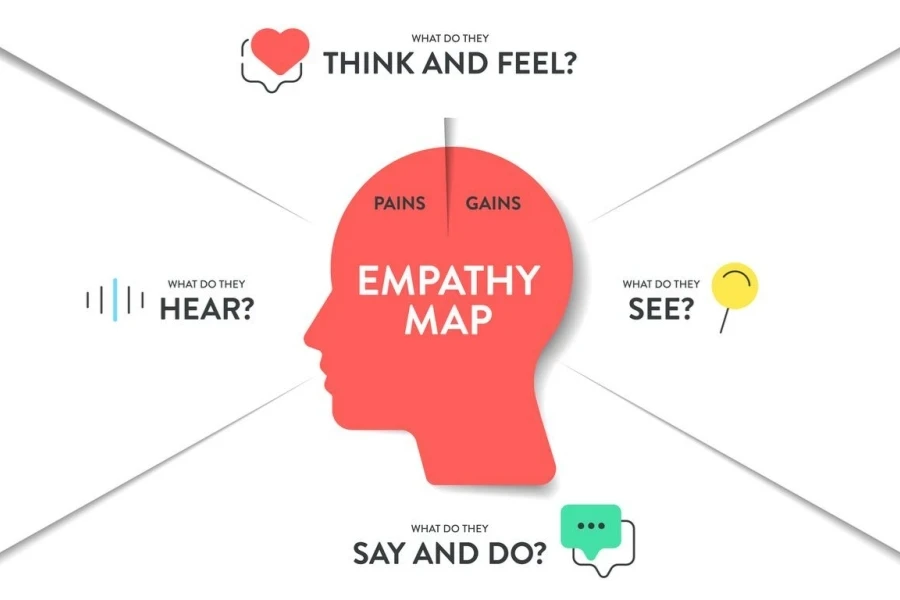
Sustainability Education: From Buzzwords to Behavior Change
Greenwashing accusations loom large, with 72% of consumers distrusting vague claims like “eco-friendly.” Brands combating this skepticism are adopting a radical approach: turning sustainability education into interactive, even playful, experiences.
Oatly’s 2022 “Dairy Deprogramming Zone” tour exemplifies this strategy. The oat milk giant converted a retrofitted school bus into a mobile classroom, touring 15 U.S. cities to debunk myths about dairy. Inside, visitors encountered:
- AR Climate Calculators: Pointing smartphones at milk cartons revealed their carbon footprint in real time—dairy milk emitted 3.2 kg of CO2 per liter versus Oatly’s 0.9 kg.
- “Cow vs. Crop” Trivia Battles: Participants competed in live quizzes, learning that dairy farming uses 628 gallons of water per gallon of milk—13 times more than oat milk.
- Barista Battles: Local coffee artists crafted oat milk lattes while explaining how oat farming regenerates soil.
The campaign’s genius lay in its tone. Instead of preaching, Oatly used absurdist humor, dubbing the bus a “rehabilitation center for dairy addicts.” Yet the data was serious: tour markets saw an 18% sales surge, outperforming national averages by 9%. “Laughter opens minds, but facts change habits,” said CEO Toni Petersson.
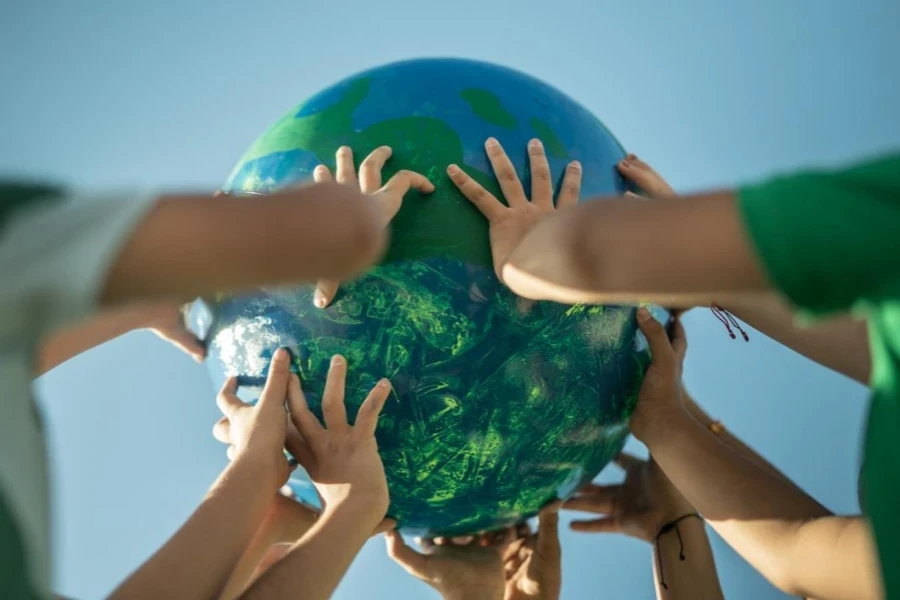
Gen Z’s DIY Learning Revolution: Brands as Co-Creators
Raised on YouTube tutorials and TikTok hacks, Gen Z doesn’t wait for institutions to teach them—they’re self-educating en masse. Morning Consult reports 67% of this cohort uses social platforms for skill-building, from coding to cooking. Savvy brands are tapping into this DIY ethos by positioning themselves as enablers of self-driven growth.
Innocent Drinks’ 2023 “Smoothie Lab” initiative transformed classrooms into innovation hubs. Partnering with London’s Museum of Brands, the program tasked students aged 12–18 with designing a healthy smoothie. Over six weeks, participants:
- Analyzed Trends: Using Instagram polls to identify rising flavors (turmeric and mango topped the list).
- Prototyped Recipes: Collaborating with nutritionists to balance taste and nutrients.
- Pitched to Executives: Presenting ideas to Innocent’s R&D team in a “Shark Tank”-style finale.
The winning entry—a mango-turmeric “Immunity Boost”—sold 50,000 bottles in three months, with 10% of profits funding STEM programs. “This wasn’t charity; it was co-creation,” said Innocent’s CMO, Clara Bennett. “Teens taught us about emerging tastes while learning product lifecycle management.”
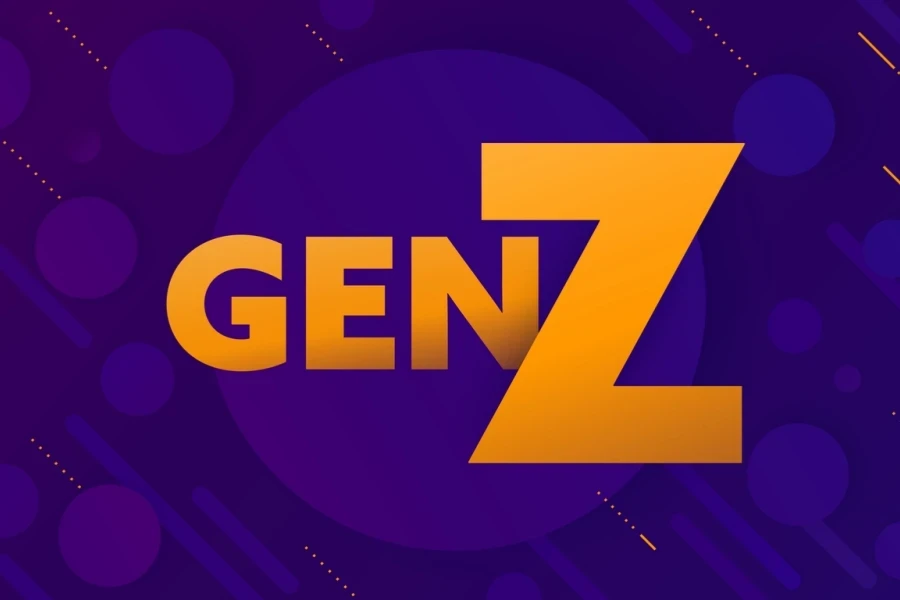
Gamifying Wellness: Where Play Meets Progress
The global gamification market, projected to hit $58.8 billion by 2028, proves that play isn’t frivolous—it’s a psychological powerhouse. Health brands are leveraging this by embedding game mechanics into habit-forming journeys.
Indian mattress startup Wakefit’s 2024 “Sleep Internship” became a viral sensation. Twenty participants received ₹10,000 ($120) to follow strict sleep schedules for a month, tracked via wearable devices. The program blended science with camaraderie:
- Weekly Challenges: “Screen-Free Sundays” awarded points for avoiding phones post-8 PM.
- Expert Webinars: Sleep neurosologists explained how REM cycles enhance memory consolidation.
- Community Support: WhatsApp groups buzzed with midnight pep talks and “nap memes.”
Results were staggering—93% reported better sleep quality, while Wakefit’s website traffic tripled. “We didn’t sell mattresses; we sold a sleep revolution,” remarked CEO Ankit Garg.
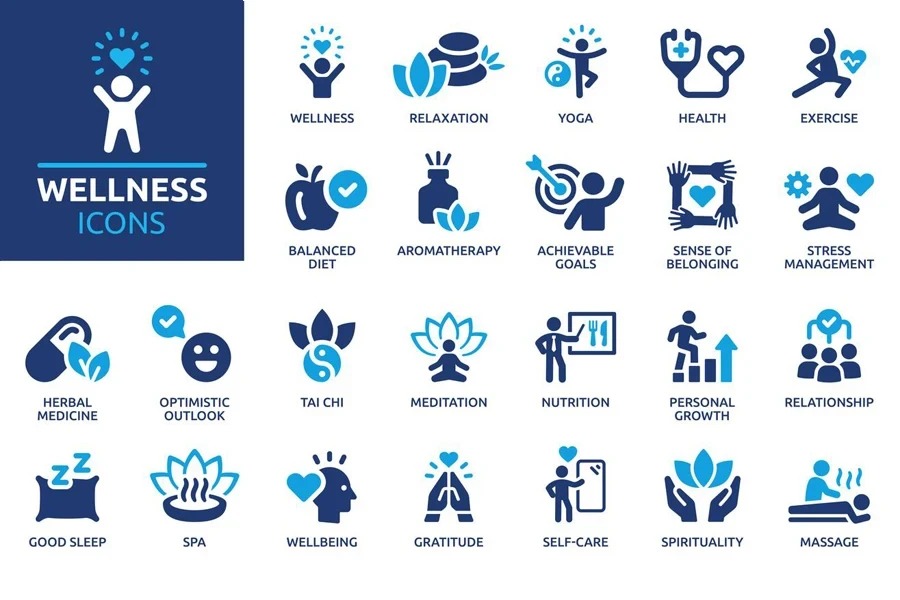
Conclusion: The Blueprint for Modern Brand Loyalty
The brands thriving today understand that trust isn’t bought—it’s earned through relentless empathy and value-sharing. Key takeaways for marketers:
- Educate Transparently: Turn campaigns into classrooms (à la Oatly’s carbon calculators).
- Co-Create with Audiences: Treat Gen Z as partners, not demographics (see Innocent’s student labs).
- Gamify Responsibility: Make healthy habits addictive (Wakefit’s sleep rewards).
- Prioritize Mental Wealth: Become a ally in users’ emotional journeys (Spotify’s stress-tracking beats).
As Gillette’s “Hit Reset” campaign demonstrated—where Twitch streams teaching skincare routines drove 58% guide downloads—the future belongs to brands that merge commerce with compassion. In this new paradigm, profit and purpose aren’t rivals; they’re partners.
